|
Veterinary Technology Programs
There are a multitude of veterinary technology programs that are recognized by the American Veterinary Medical Assocation. Some are online and some in person. Oklahoma is home to 3 programs listed below. For other programs please visit: Veterinary technology programs accredited by the AVMA CVTEA | American Veterinary Medical Association
Murray State Collage - Tishomingo, OK
 In 1978 Murray State College began Oklahoma’s first Veterinary Technology Program. The Veterinary Technology Program offers students two curriculum options. The Pre-Veterinary Technology option gives students the opportunity to take required general education courses prior to beginning the core veterinary technology curriculum. This option requires 13 to 15 credit hours per semester. Students who meet the entry requirements may elect to take general education courses concurrently with the veterinary technology core curriculum (2 year option). This option requires that students take 16 to 19 credit hours per semester.
In 1978 Murray State College began Oklahoma’s first Veterinary Technology Program. The Veterinary Technology Program offers students two curriculum options. The Pre-Veterinary Technology option gives students the opportunity to take required general education courses prior to beginning the core veterinary technology curriculum. This option requires 13 to 15 credit hours per semester. Students who meet the entry requirements may elect to take general education courses concurrently with the veterinary technology core curriculum (2 year option). This option requires that students take 16 to 19 credit hours per semester.
Both options are designed to provide basic principles, knowledge and skill development pertaining to care and handling of normal and abnormal animals. Veterinary Technicians are an integral member of the veterinary medical team. Areas of study include: veterinary nursing, lab animal medicine, nutritional counseling, anesthesiology, radiology, clinical pathology, surgical nursing, dental hygiene, and client education. Veterinary technician duties include all facets of veterinary medicine except diagnosis, prescribing medication, and performing surgery. The Associate of Applied Science degree and/or the credits in Veterinary Technology are discipline specific and do not substitute for or transfer to pre-veterinary medical school curriculum.
Graduates of the Murray State College Veterinary Technology Program are eligible to sit for the State and National Board Examination and upon successful completion they are recognized as Registered Veterinary Technicians.
The Murray State College Veterinary Technology Program is fully accredited by the American Veterinary Medical Association.
Website: Veterinary Nursing (mscok.edu)
Oklahoma State University OKC - Oklahoma City, OK
 A combination of lecture, laboratory and hands-on experience provide students with an opportunity to learn the theory, skills and practical applications necessary to succeed. Throughout the course of study instructors emphasize regulatory, safety and humane aspects of the veterinary field. Our department offers an Associate in Applied Science in Veterinary Technology degree and job placement assistance for interested applicants, students and graduates.
A combination of lecture, laboratory and hands-on experience provide students with an opportunity to learn the theory, skills and practical applications necessary to succeed. Throughout the course of study instructors emphasize regulatory, safety and humane aspects of the veterinary field. Our department offers an Associate in Applied Science in Veterinary Technology degree and job placement assistance for interested applicants, students and graduates.
Our program is also accredited by the American Veterinary Medical Association.
Website: Veterinary Technology | Oklahoma State University-Oklahoma City (osuokc.edu)
Tulsa Community College - Tulsa, OK

Tulsa Community College Veterinary Technology Program educates students to work in the fast-paced, high-tech world of veterinary medicine. Graduates earn an Associate of Applied Science degree and leave the College with the skills and practical experience to work in a variety of animal related fields including private veterinary practice, zoos, biomedical research, veterinary sales and teaching. In addition, graduates of the program are qualified to sit for the State and National licensing examinations.
We offer both a two-year full-time Program, or a 3-year part-time Program designed for those students with significant work or family obligations preventing them from attending as a full-time student.
Under the supervision of a licensed veterinarian, a Registered Veterinary Technician may perform a variety of techniques including intensive nursing care, clinical laboratory procedures, radiology, anesthesiology, dentistry, and surgical assistance.
Graduates of the Veterinary Technology Program enter a challenging career in a relatively new health care profession. The field appeals to individuals who have a love for animals, a commitment to their well-being, and the ability to work closely with people.
Website: Veterinary Technology, A.A.S. | TCC: Tulsa Community College (tulsacc.edu)

